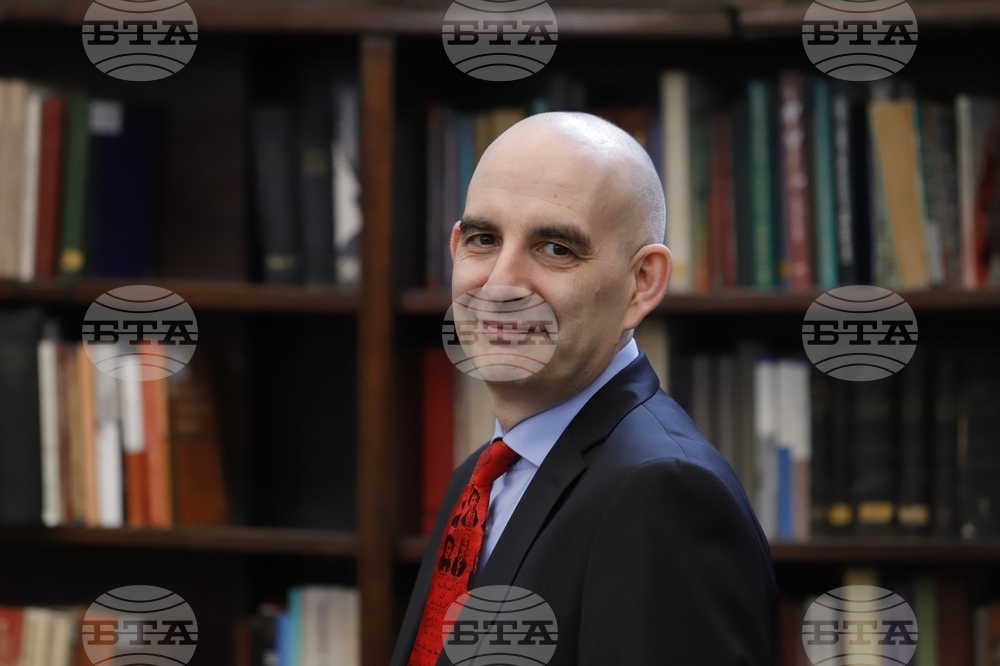Wrap-up
![BNR Takes Down Interview with Russian Ambassador over Violation of Journalistic Standards, Accusations of Censorship Follow]()
![BNR Takes Down Interview with Russian Ambassador over Violation of Journalistic Standards, Accusations of Censorship Follow]() Journalist Petar Volgin (Photo: Facebook)
Journalist Petar Volgin (Photo: Facebook)
site.btaUPDATED BNR Takes Down Interview with Russian Ambassador over Violation of Journalistic Standards, Accusations of Censorship Follow


An interview with Russian Ambassador Eleonora Mitrofanova on Bulgarian National Radio (BNR) Saturday was taken down from the programme over violations of the journalistic standards. The way it was done prompted comments of political censorship but
/VE/
news.modal.header
news.modal.text